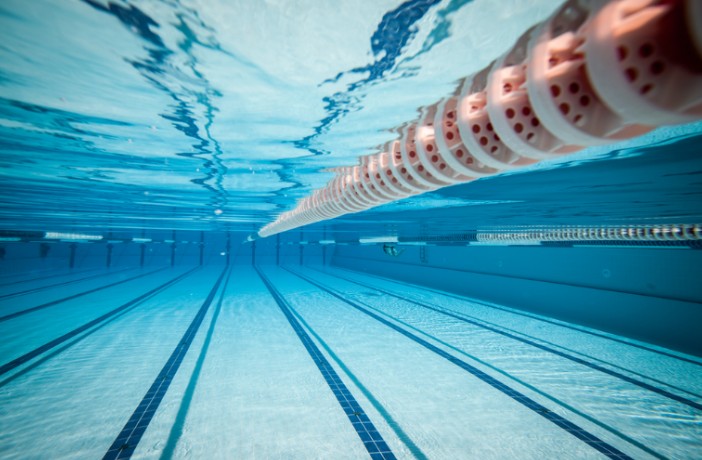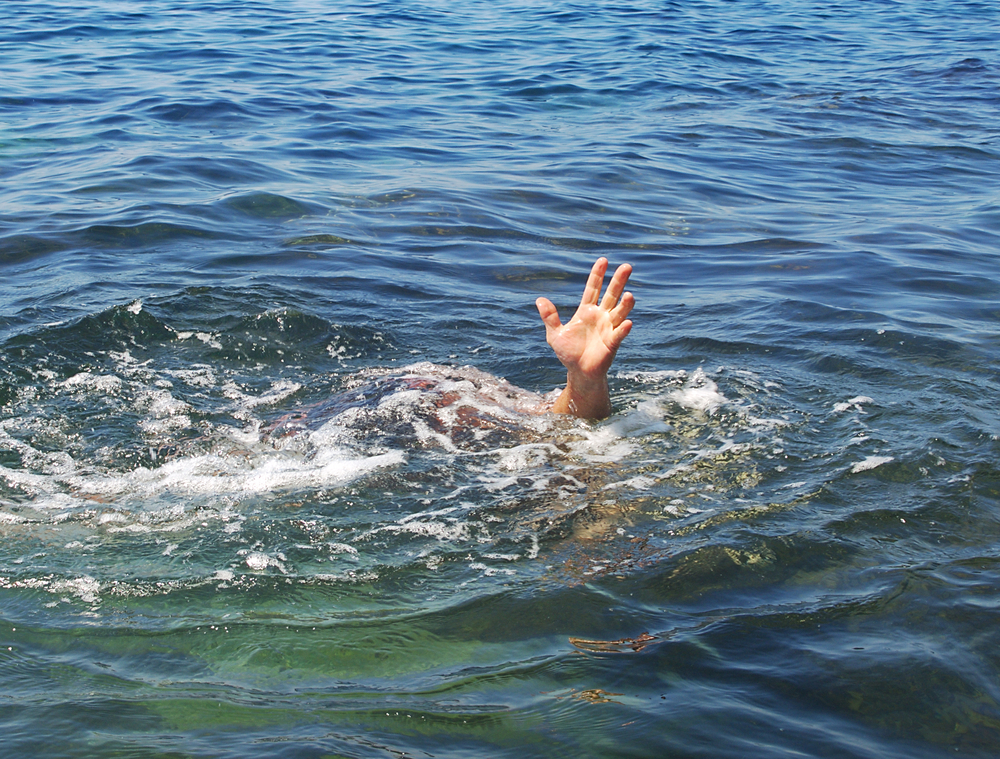"Even the Best Swimmers Can Drown"; Special Interview with Chairman of the Lifeguards Association
Think drowning only happens in the open sea? Convinced an excellent swimmer can always handle the waves and return safely? Believed there's nothing to worry about when just dipping your feet? Think again. With the swimming season opening, Avi Afia, Chairman of the Lifeguards Association, issues a series of warnings and alerts.
 Avi Afia, Chairman of the Lifeguards Association in Israel
Avi Afia, Chairman of the Lifeguards Association in IsraelAvi Afia, Chairman of the Lifeguards Association in Israel, describes a scenario he wishes no one to experience. "But it can happen to anyone, even the best swimmers," he warns. "It occurs when entering the sea for a swim and moving slightly away from the shore. Initially, the water appears calm and pleasant, but then suddenly, it's evident that swimming in the sea is not the same as a swimming pool. In the Mediterranean Sea, there are currents that pull swimmers inward instead of pushing them out to shore. At this point, swimmers realize they're stuck and can't get closer to the shore. They begin to panic because the shore seems so close, yet unreachable. Water splashes into their mouths, causing them to gasp and cough until exhausted. At that crucial moment, they lose their sense of direction and don't know where to swim. If they're noticed at this point, they can be rescued in time; otherwise, disaster might strike. Just for the record – most of those who drown in the sea are people who know how to swim well but aren't aware of the dangers."
 (Photo: shutterstock)
(Photo: shutterstock)
Don't Leave Your Children for a Moment
Avi Afia doesn't express these concerns without reason. Today – Rosh Chodesh Iyar, marks the start of the swimming season on Israeli beaches for the year 5777, and it's expected to continue until after the Sukkot holiday – 29th of Tishrei 5778. Who doesn't love splashing around in the water and enjoying the waves? However, as Afia emphasizes, the sea holds many dangers, and we must be aware of them.
"First and foremost, it's important to understand that at the beginning of the season, the water temperature is very low and cold," he points out, "One must prepare for this to avoid being caught off guard and to prevent a cold shock. In general, at the beginning of the season, it is less recommended for young children and elderly individuals to spend long hours in the water. They should be in the water only briefly and then sit on the sand. There's fun to be had playing on the sand as well."
 (Photo: shutterstock)
(Photo: shutterstock)Speaking of children, he adds the following warning: "Time and again, we see people bringing their young children to the sea. Initially, they enter the water with them and then sit on the shore, supervising from afar. This can be extremely dangerous. It takes just a small wave to knock a child off their knees, causing them to fall face first and disappear... It's very difficult to spot them in the water, even if they are close to the shore. Parents who come with their children must be with them all the time and not leave them for a moment. We've all heard of children who drowned in a bathtub or even a bucket, so how can one bring kids to the dangerous sea and let them roam alone? It's absurd!"
Awareness Is Crucial
There have been so many sea tragedies in recent years, are you afraid as the swimming season begins?
"To tell you the truth, I'm not afraid, because I know the sea is like electricity. Electricity greatly contributes to our lives, and since we know not to touch it with bare hands, we usually avoid harm and can benefit from it. If we only teach ourselves and our children how to enter the water and be aware of the risks, we'll be able to enjoy without fear. I'm pleased to report that our lifeguards are now also visiting schools nationwide to raise awareness and teach kids how to handle the sea. These efforts are penetrating, and I'm confident that over time public awareness will increase, and tragedies will decrease."
And if we go to designated beaches – can we be sure everything will be alright?
"Generally, more than 99.9% of those who come to the sea return home safely. The issue is with swimmers who go to prohibited beaches or designated beaches but during hours when there is no lifeguard.
"People need to understand that sometimes they go to unmarked beaches thinking they'll just enter a little, and nothing will happen. This is a real mistake because they don't know which area they are entering, and sometimes there are pits very close to the shore. One moment they're on solid ground, and the next, they don't feel the bottom anymore. People also tend to go near rocks or places adjacent to breakwaters, and this is the biggest danger. The waves hitting those areas crash into the rocks and then return with force to the sea, 'sucking' everything from the rock area. If swimmers are there, they might just get swept away."
 (Photo: shutterstock)
(Photo: shutterstock)In conclusion, he emphasizes: "I'm glad to note that unlike last year when the swimming season opened with a lifeguard strike – this year such a strike is not expected. Last year, we signed long-term agreements for lifeguards that are supposed to accompany us for several years, and I hope the local government and the Ministry of Finance will honor them. Our lifeguards have also undergone refreshers and training sessions in the past month, so they are waiting for you at all the beaches, and pray like all of us – that we'll get through this swimming season safely."

